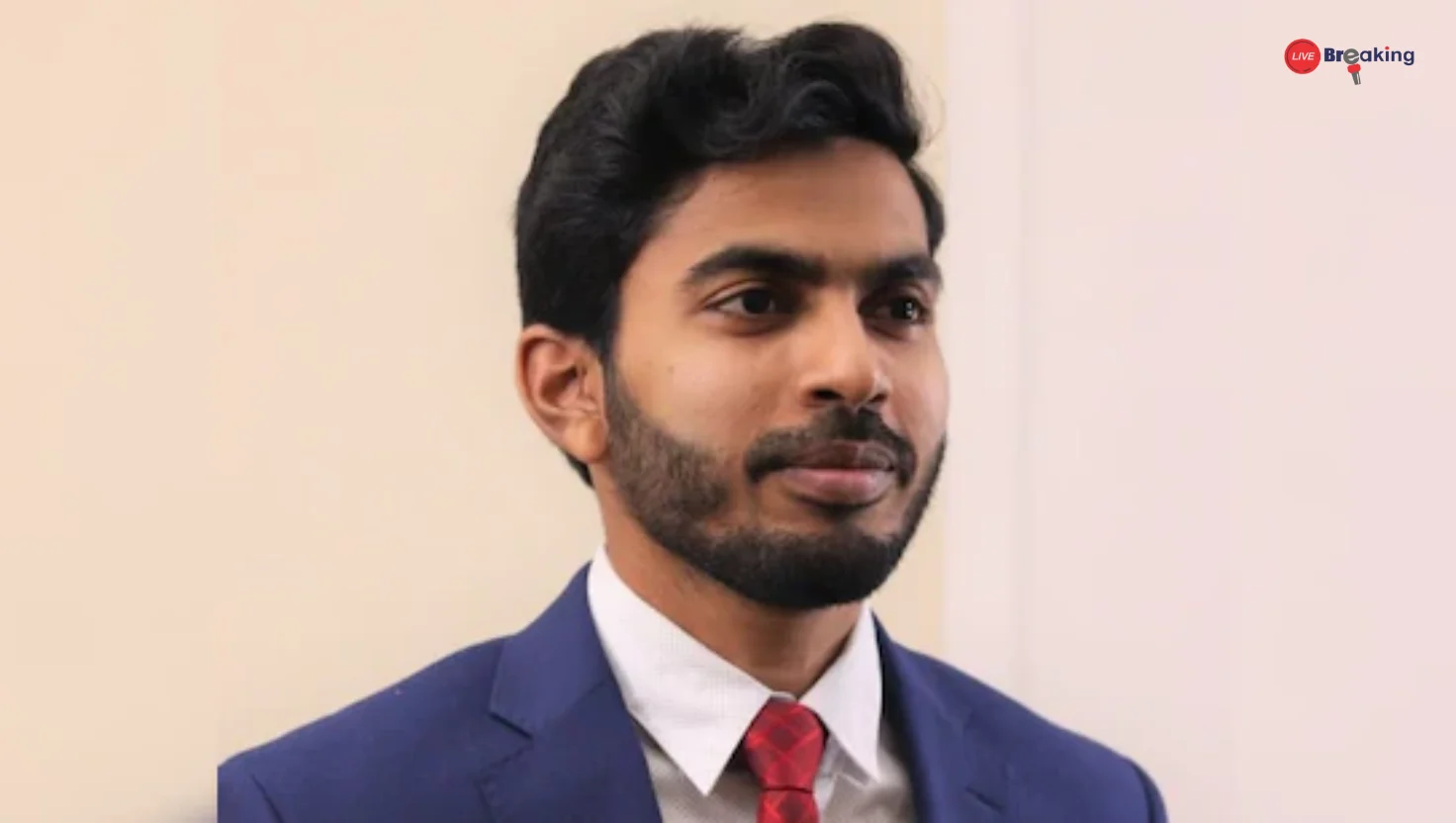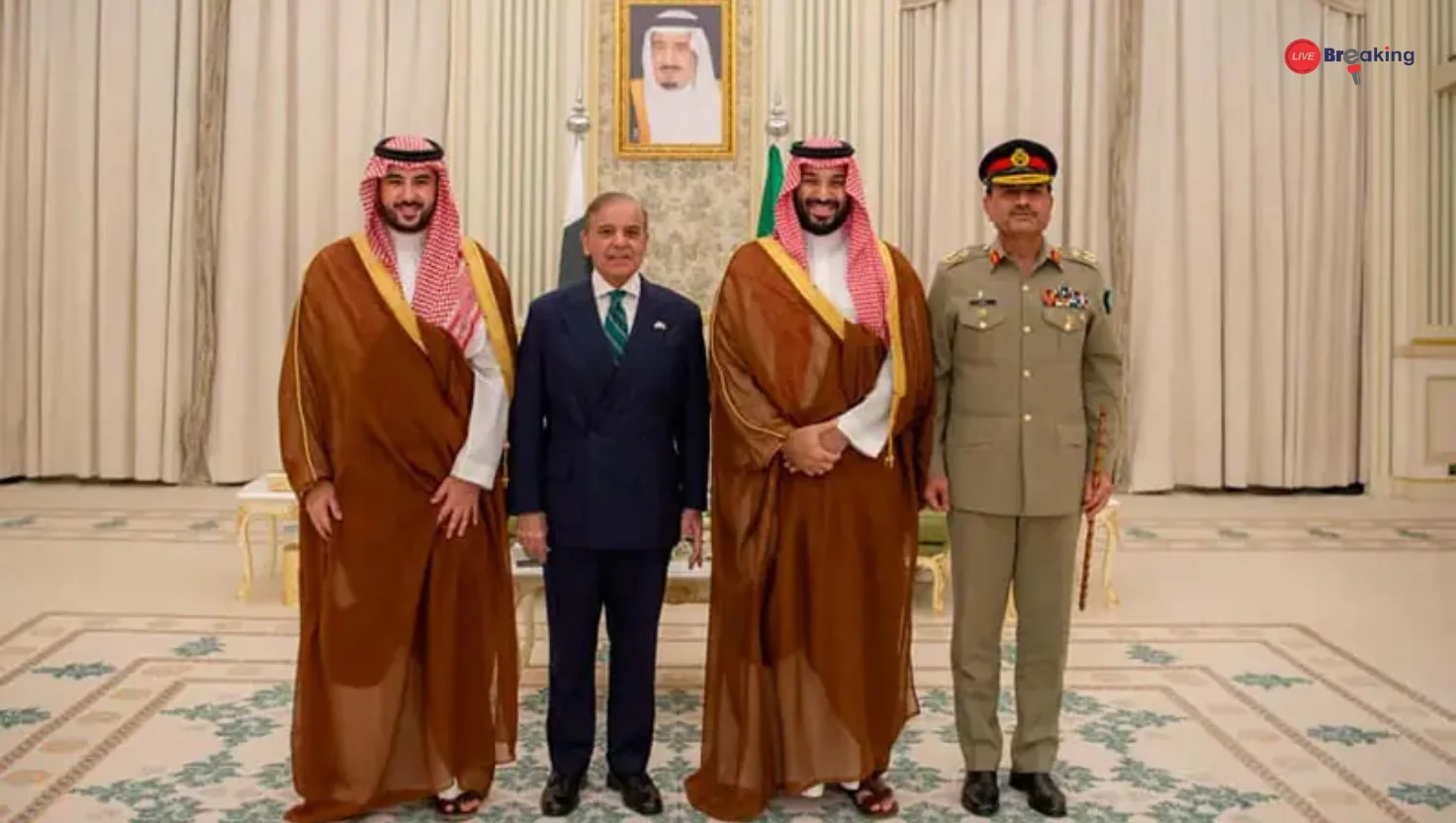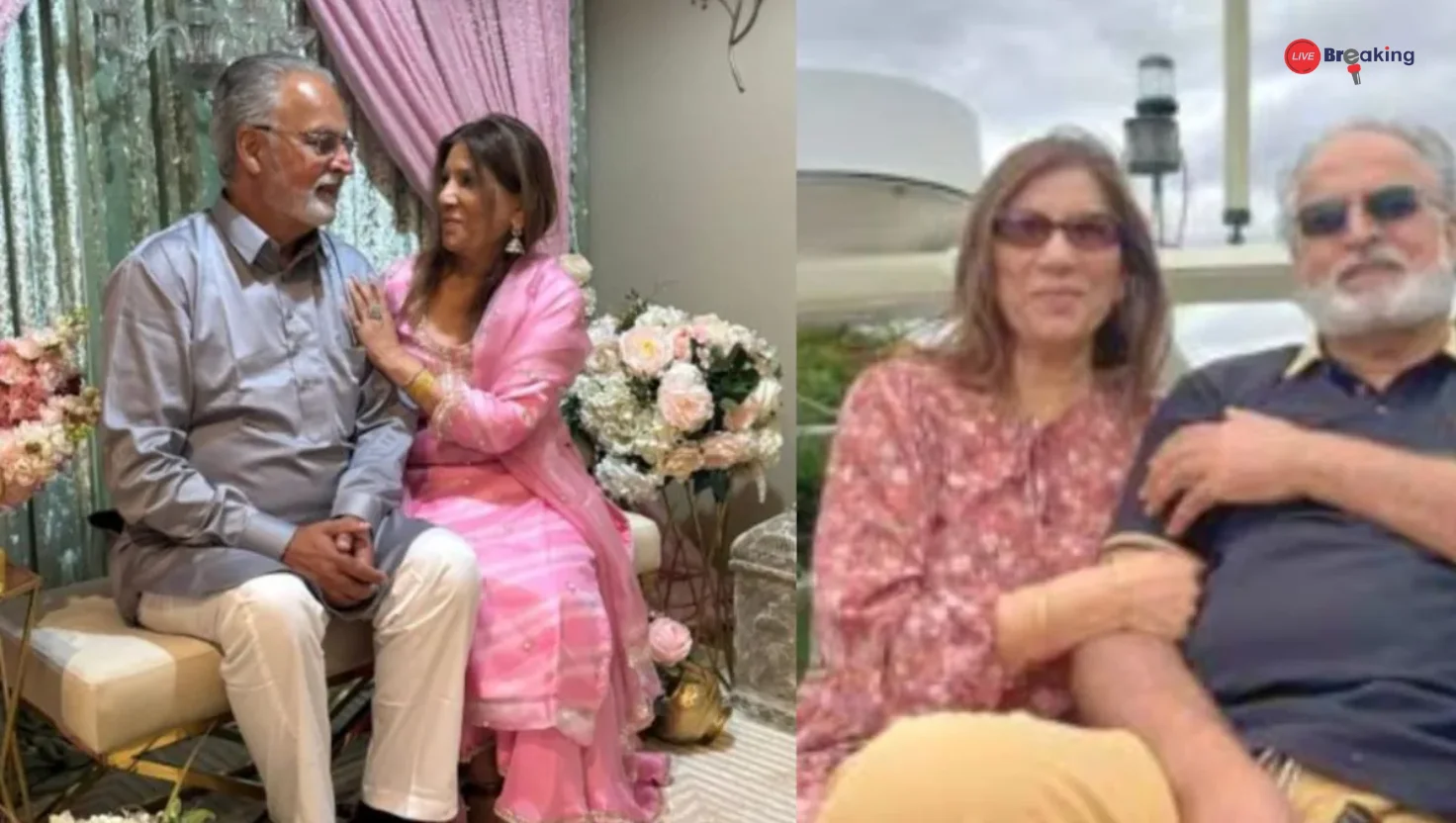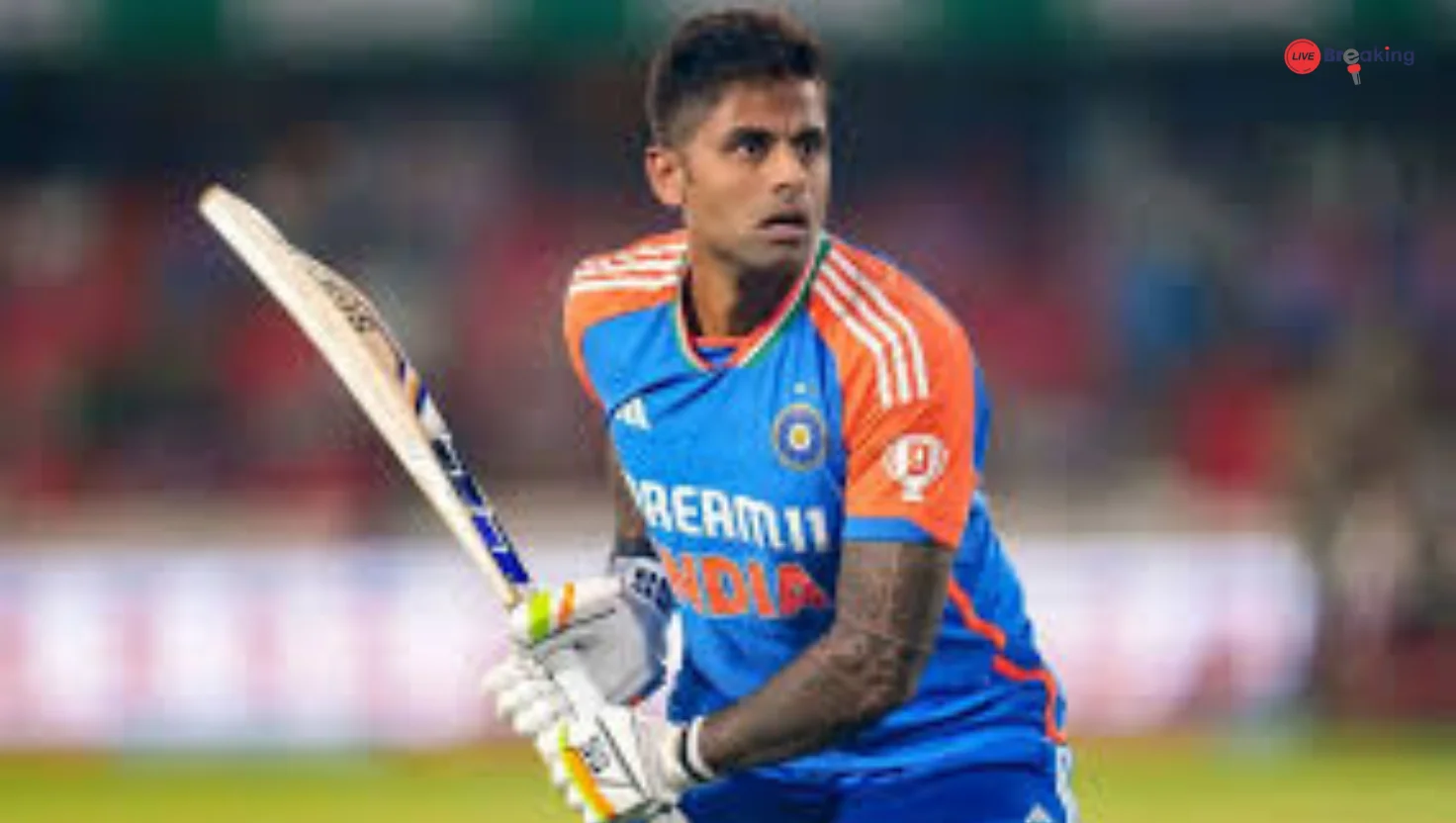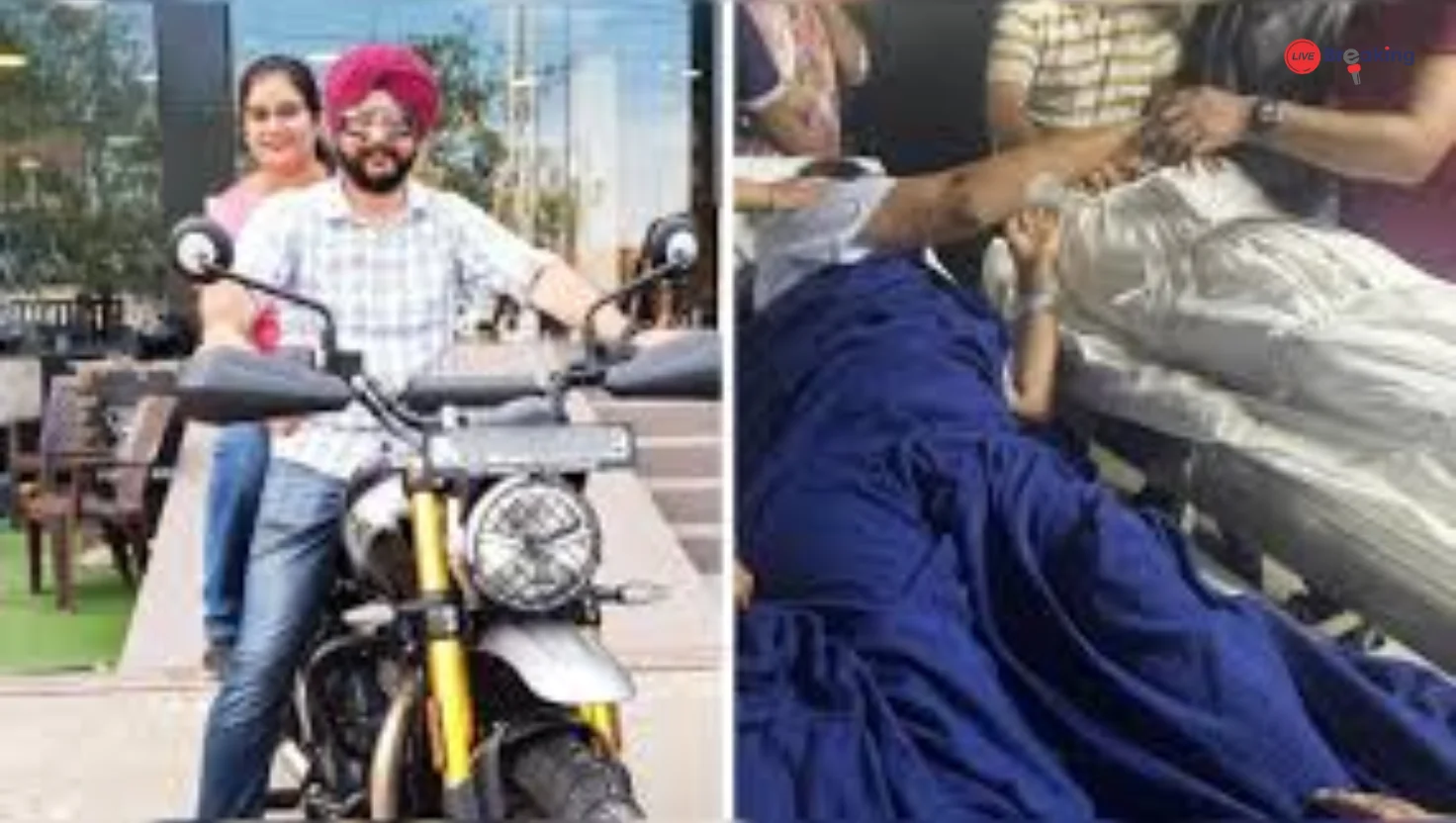Jagdeep Dhankhar’s Sudden Exit: A Crisis of Conduct or Control?
Jagdeep Dhankhar’s unexpected resignation as Vice President of India has triggered a political storm and raised questions about the real reasons behind his exit. Officially attributed to health concerns, his departure has been widely speculated to be the result of growing friction between Dhankhar and the political establishment. Known for his stern demeanor and rigid sense of authority, Dhankhar was often described as someone who “took himself very seriously”—a remark that now frames the conversation around his legacy and the events leading to his downfall.
Throughout his tenure, Dhankhar maintained a sharp focus on upholding parliamentary decorum and constitutional procedure. As Chairperson of the Rajya Sabha, he frequently clashed with members over disruptions, tone, and conduct. His insistence on discipline often crossed into confrontation, earning him both praise and criticism. While many appreciated his commitment to structure, others viewed his approach as heavy-handed and unnecessarily aggressive.
A defining aspect of Dhankhar’s time in office was his vocal criticism of the judiciary. His public comments on judicial overreach and the balance of power between institutions were unprecedented for someone in his constitutional position. These remarks were not taken lightly and were perceived by many as an attempt to exert influence beyond his prescribed role. Such interventions stirred discomfort not just among opposition ranks but within sections of the ruling alliance as well.
The tipping point, according to political observers, was his decision to admit a controversial motion related to a sitting judge of the Supreme Court. This action was seen as crossing a line and reportedly led to a rupture in trust with the executive leadership. Rumblings of discontent grew louder, and there were murmurs that Dhankhar had isolated himself by refusing to moderate his stance or consult key stakeholders before acting.
Read more: Trump Calls Tulsi Gabbard ‘Hottest in the Room’, Revives False Obama Allegations
Behind closed doors, it is believed that conversations around his removal gained momentum. Allegations of internal pressure, veiled ultimatums, and political maneuvering began to surface, adding to the cloud of mystery around his resignation. What was publicly framed as a health-driven decision appears to many as a carefully managed exit to prevent a more visible confrontation or a constitutional crisis.
Now vacated from office, Dhankhar’s tenure leaves a mixed legacy. He will be remembered for his discipline, legal acumen, and vocal stands on constitutional matters. Yet, his assertiveness, perceived rigidity, and refusal to yield space for political consensus have become central to understanding why his tenure ended the way it did.
In the end, the observation that he “took himself very seriously” may capture both his strength and his undoing—an official who embraced his role with gravity, but perhaps in ways that challenged the unwritten rules of political diplomacy and institutional balance.




